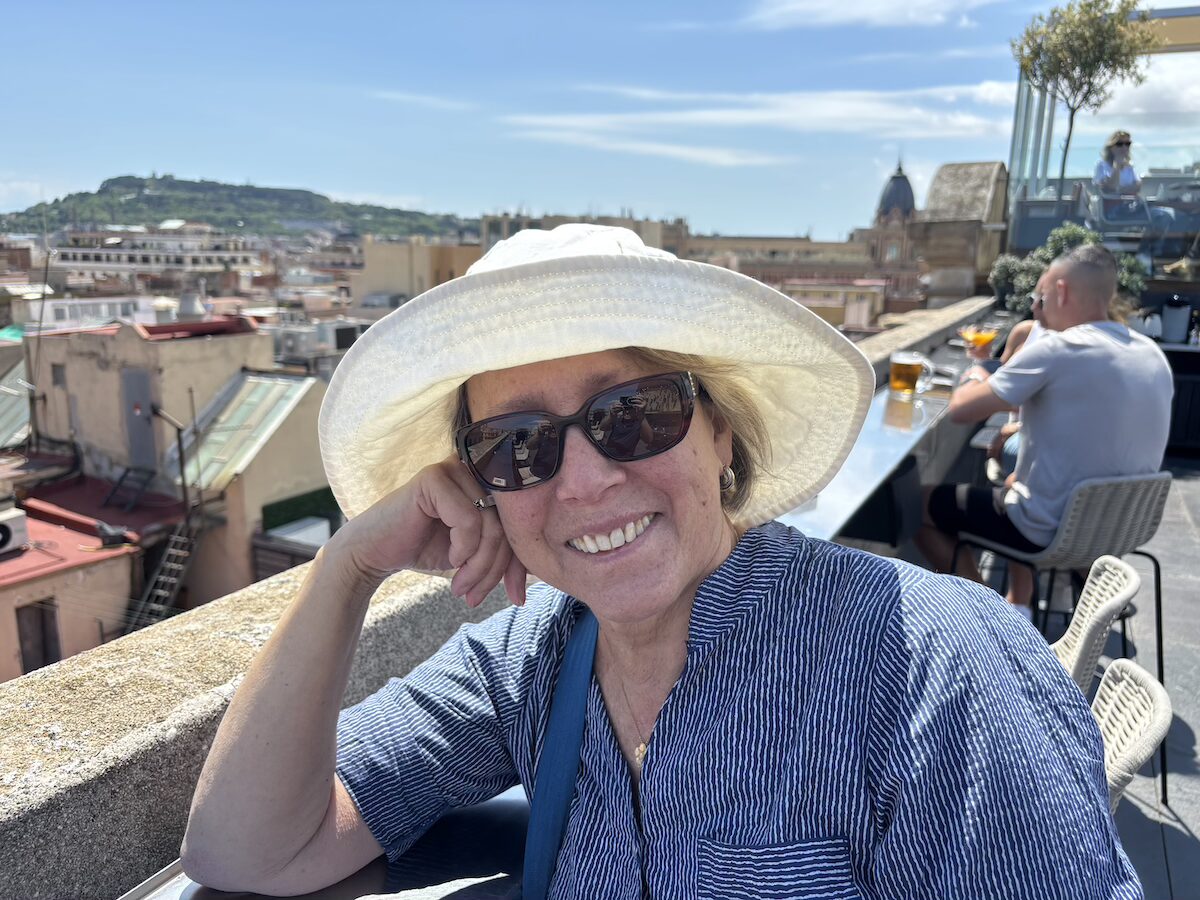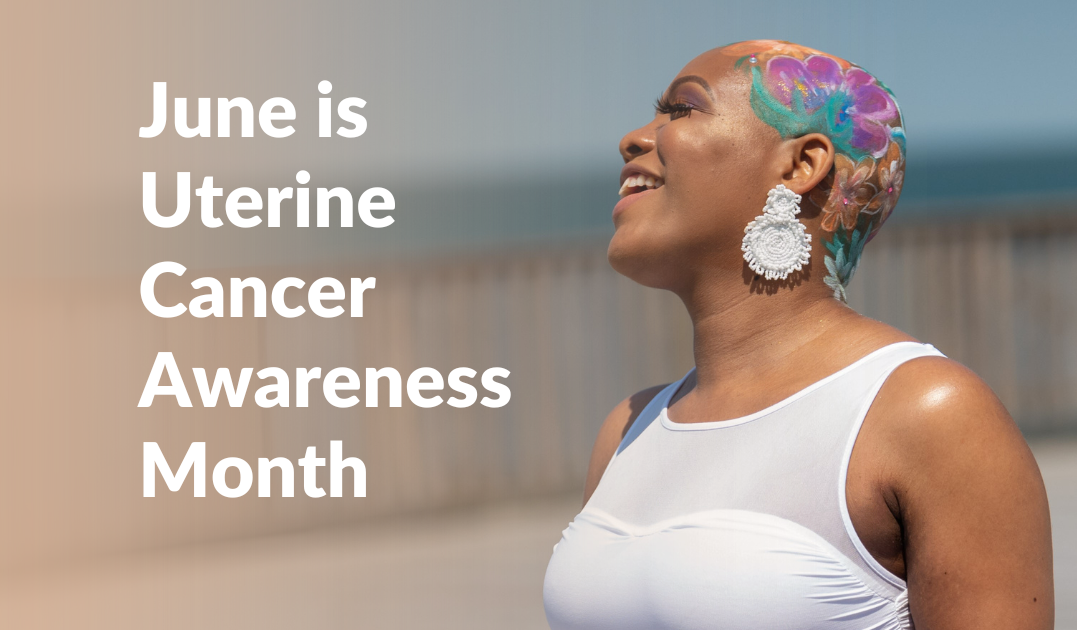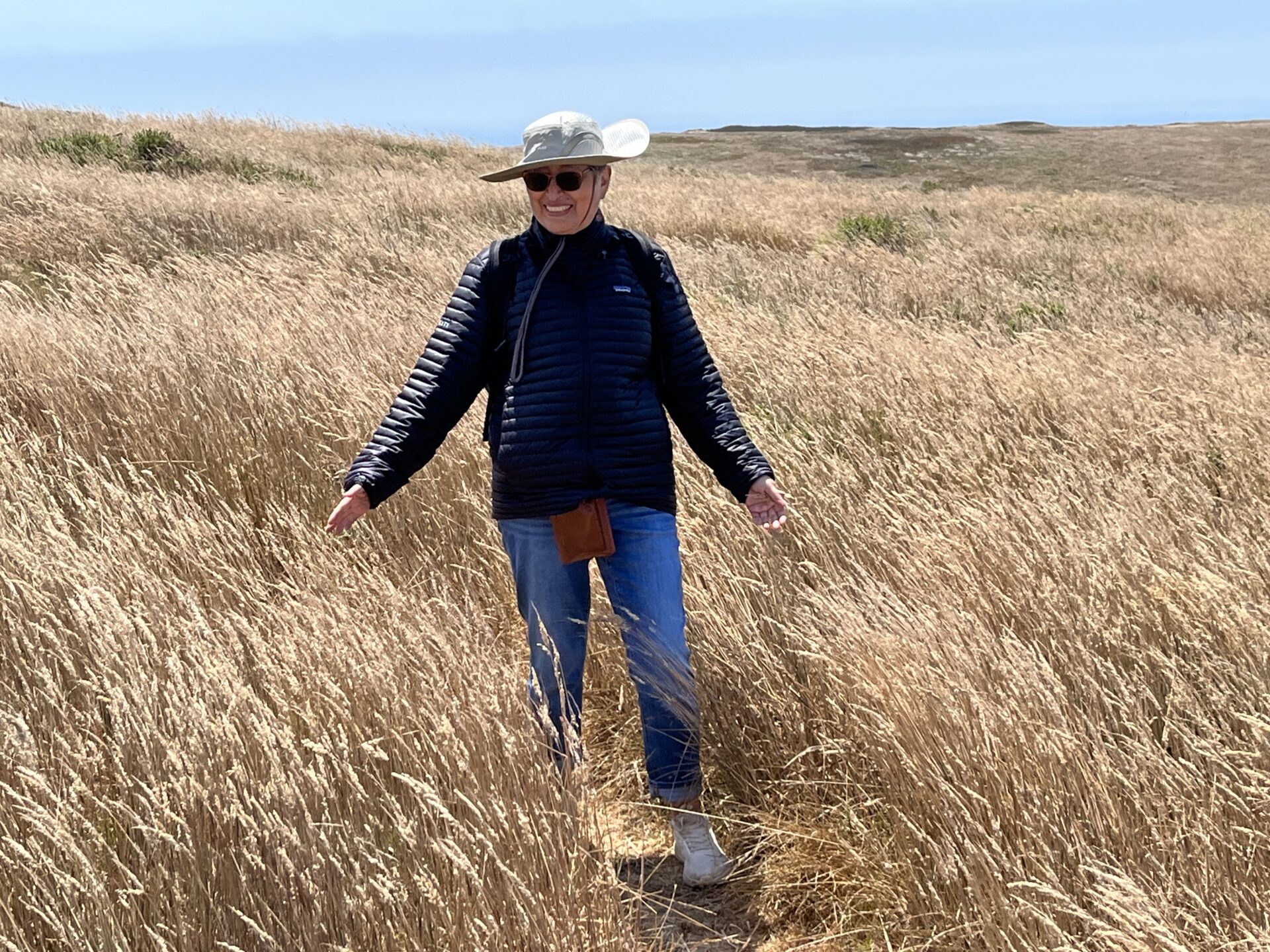Rhonda’s Club was founded in 1997, roughly the same time as the Ovarian Cancer National Alliance—and by some of the same people. Rhonda Oziel, Pat Goldman, Ann Kolker, Clare Donelan and Susan Butler were among a small group that formed the original Ovarian and Gynecologic Cancer Coalition of Greater Washington. “Women found it very hard to get reliable information in the early internet days,” says JoAnn Symons, Chair of Rhonda’s Club.
The organization got started as a clearing house with the goal of educating and supporting women with gynecologic cancers in the area around Washington, DC, and Baltimore. In 2001, as founder Rhonda Oziel was dying, the board decided to add her name to the name of the organization and Rhonda’s Club was born.
The mission of educating and supporting women with gynecologic cancers continues today. Rhonda’s Club participates in the Alliance’s Survivors Teaching Students: Saving Women’s Lives® (STS) program, recruiting and training volunteers to share their stories with medical students at Georgetown, George Washington and Johns Hopkins universities. In 2013, volunteers in the DC area educated 450 students through 19 STS sessions.
Rhonda’s Club also works to raise awareness of gynecologic cancers in the general public, with a particular focus on underserved communities. JoAnn notes that while the incidence of ovarian cancer in the District is similar to United States averages, it is the area of the country with the highest mortality rates from the disease. Volunteers do community outreach at health fairs and other events, especially ones run by local churches—a good way to reach women in minority communities.
To help support newly diagnosed patients, Rhonda’s Club distributes patient care bags stocked with a binder of information, along with comfort items such as a blanket, small journal, water bottle and socks. “It’s been very well received,” notes JoAnn. The club also offers one-on-one mentoring for women, matching those who are newly diagnosed with a woman of a similar age or stage of treatment. “It gives women someone to call for questions like ‘What do I do about a wig?’”
Rhonda’s Club also hosts a survivors’ tea each September during the national awareness month for ovarian and gynecologic cancers. “We decided we needed to celebrate the fact that we’re all here,” says JoAnn. Each year the tea honors people who have made a contribution to the cause of gynecologic cancer awareness.
JoAnn values the Alliance’s Partner Member program because of “the wonderful support from the national staff” and the connections with people from across the country, which allow Partner Members to share ideas and advice. “It’s also very important to have the lobbying for federal research money,” she notes. “We really look to the Alliance to represent us nationally.”
Located in the same city as the Alliance, Rhonda’s Club exemplifies the collaboration between local and national groups that is key to our Partner Member program.
Click here to learn more about Rhonda’s Club rel=”nofollow”.


